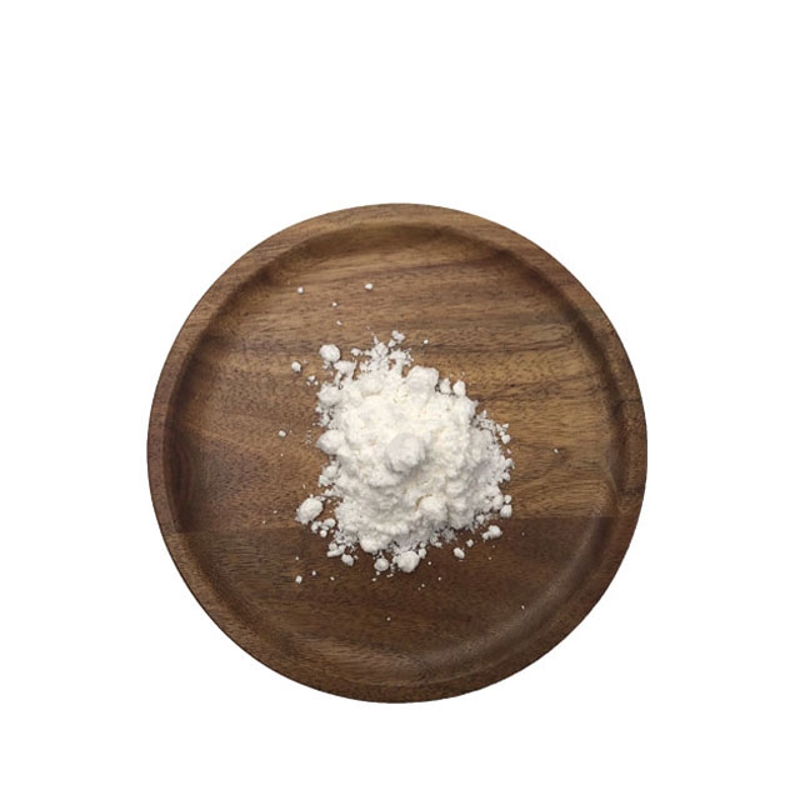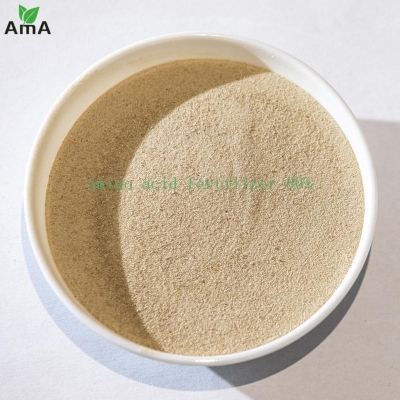Maternal omega-3 may protect infants with high-risk type 1 diabetes from disease
-
Last Update: 2017-05-08
-
Source: Internet
-
Author: User
Search more information of high quality chemicals, good prices and reliable suppliers, visit
www.echemi.com
Recently, researchers from Finland's National Institutes of Health (http://www.chemdrug.com/article/7/) and welfare said in a study published in the International Journal Diabetologia that maternal omega-3 polyunsaturated fatty acids (PUFAs) during pregnancy or lactation may help protect infants with high-risk type 1 diabetes from disease If this is confirmed, it means that increasing the intake of fatty acids from fish during breastfeeding may have beneficial effects on individuals by reducing the body's autoimmune response to type 1 diabetes At present, there are more than 20 million people suffering from type 1 diabetes in the world This is an autoimmune disease, that is, the patients' own immune system will open to destroy the insulin producing cells in the pancreas By identifying the autoantibodies of the individual body in infancy or childhood, we can help the asymptomatic individuals to detect the subclinical disease process (http://www.chemdrug.com/sell/76/); while fatty acids can change the immune system and inflammatory response of the body, and play a key role in the process of individuals suffering from type 1 diabetes related autoimmune diseases, however, researchers have no definite evidence for this In this study, the researchers investigated whether there was a certain correlation between the level of fatty acids in infant serum and the occurrence and survival of childhood autoimmune diseases with increased risk of type 1 diabetes in later stage; at the same time, the researchers focused on whether the high level of PUFAs could reduce the risk of autoimmune reactions related to patients and clinical diseases Between 1997 and 2004, 7782 genetically predisposed newborns were treated with islet cell antibodies The researchers collected and tested blood samples of infants aged 3-24 months on a regular basis, and then tested the subjects every year until they were 15 years old The purpose of the researchers was to determine the self immunity of these subjects' islets The researchers found that high levels of fatty acids in the serum (from fish, such as docosahexaenoic acid, etc.) were directly related to an individual's reduced risk of early autoimmune response At the same time, the researchers found that the high level of fatty acids in infants may be able to significantly reflect the type of feeding Breast fed infants have higher levels of fatty acids such as DHA, while the high level of these fatty acids in serum can significantly reduce the risk of type 1 diabetes related autoimmune response in infants, and the intake of breast milk can also further reduce this risk Risk Although there are relatively few cases of insulin and glutamic acid decarboxylase autoimmune reaction, this study clearly shows the relationship between the level of fatty acids in infants and the autoimmunity related to type 1 diabetes When the researchers take other potential variables into account, the above relationship will not be affected These potential variables include familial diabetes and maternal education Education and milk intake in diet The results of this study may provide a new direction for later researchers to treat type 1 diabetes, but the researchers cautioned that the above association does not mean causality, and later they need to conduct more in-depth research to confirm whether fatty acids can protect children from their own immune response and the type 1 diabetes induced by this response; at the same time, this study also proposed to support mothers The view of breast feeding is that some components of breast milk, such as fatty acids, have protective effects on the body, especially on the early immune response and the maturation of the immune system
This article is an English version of an article which is originally in the Chinese language on echemi.com and is provided for information purposes only.
This website makes no representation or warranty of any kind, either expressed or implied, as to the accuracy, completeness ownership or reliability of
the article or any translations thereof. If you have any concerns or complaints relating to the article, please send an email, providing a detailed
description of the concern or complaint, to
service@echemi.com. A staff member will contact you within 5 working days. Once verified, infringing content
will be removed immediately.







